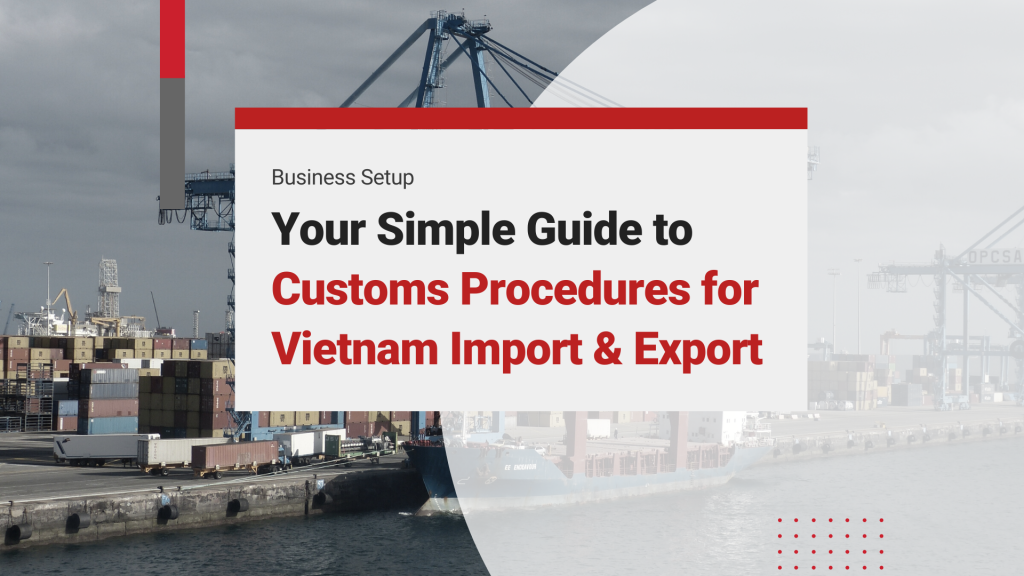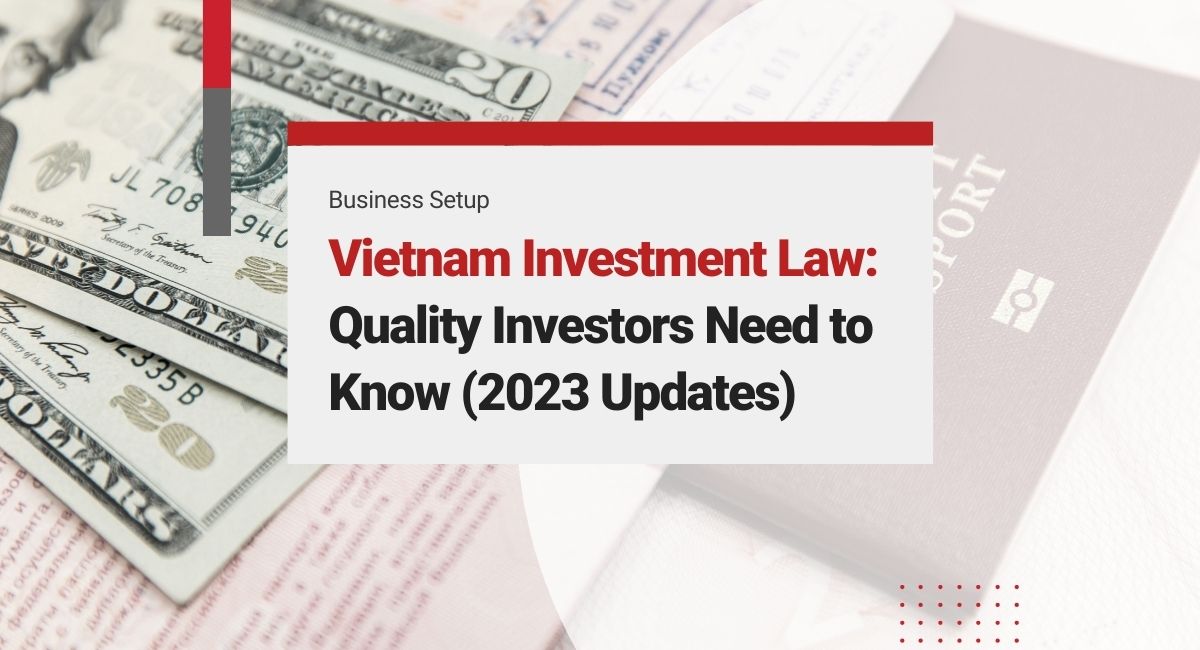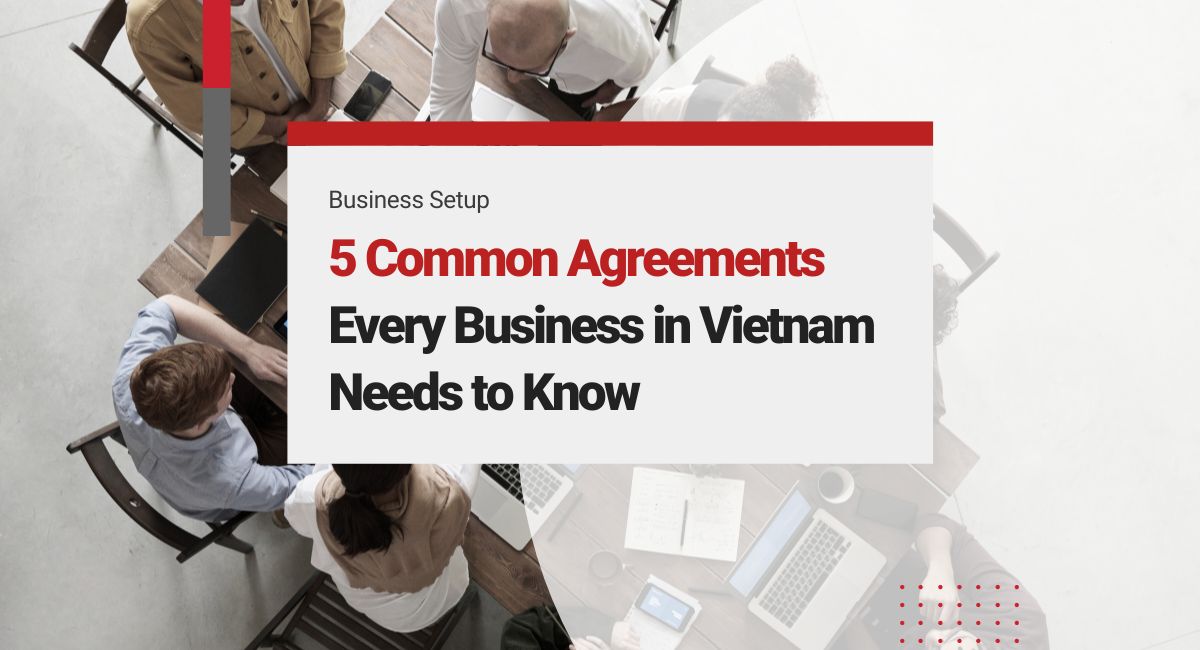Regarding port infrastructure quality and clearance procedures, Vietnam is ranked 80th out of 139 nations by the World Economic Forum. Due to the economic liberalization, more foreign investors have opened offices in Vietnam to conduct import and export business. Vietnam is also anticipated to be among the top 10 emerging markets for logistics globally.
The five major ports of Vietnam are Hai Phong Port, Cai Lan Port, Quang Ninh Port, Saigon Port, and Da Nang Port. Besides, Vietnam has three main international airports: Noi Bai International Airport (HAN), Tan Son Nhat International Airport (SGN), and Da Nang International Airport (DAD).
Thanks to our ports and airport community systems, Vietnam’s import-export turnover reached US$732 billion in 2022, according to Vietnam Insider. The country’s total import-export turnover had reached US$701.3 billion as of December 15, 2022, including US$355.82 billion worth of exports. In Q1/2023, goods’ total import and export turnover reached US$154.27 billion.
Investing in Vietnam? Check out InCorp Vietnam’s Product Registration Services
Discover the vital customs clearance procedures you must know and the developing import-export sector in Vietnam. Vietnam attracts foreign investors due to its developing economy, first-rate ports, and airports. Learn about the inspection, quality control, and documentation requirements for customs clearance. Learn about the paperwork required for imports and exports as well.
Understanding Customs Regulations in Vietnam
Many foreign businesses learn that trade is viable in Vietnam by taking advantage of the country’s low manufacturing prices. Therefore, one of the most critical aspects of doing business in Vietnam is understanding the export and import legislation.
Vietnam’s criteria for clearing customs include inspection, quality control, conformance to specifications, and amount and volume verification, among other things. The quantity, size, and volume are all included in the scope of this customs inspection. Before being cleared at customs stations, certain products intended for import or export are subject to expert examination and customs inspection.
The Vietnamese Customs Law 54/2014/QH13, which is complemented by several guiding circulars and explicit directions, is the law that regulates the application of these standards. About goods that may be imported, exported, or in transit, as well as vehicles owned by domestic and foreign entities that are entering, leaving, or in transit inside the customs territory, this law specifies the structure and management of the customs service as well as the state management of customs.
Required Documents for Customs Clearance Procedures in Vietnam
The trading corporation must provide the necessary papers to the customs authorities for customs clearance before importing or exporting products. The import or export code registration certificate, which is usually written on the tax registration certificate and the business registration certificate (BRC or ERC) for the company, must be included in the collection of papers. When importing items into Vietnam, proper documentation is crucial. This is because specific guidelines and requirements must be followed to meet critical Vietnamese needs.
Import Regulations
Depending on the kind of imported goods, the authorities may also require the documentation listed below, as stated in Section 5 of Circular 39/2018/TT-BTC:
Some other documents that may be requested by the authorities depending on the type of imported goods:
- Declaration form
- Bill of lading
- Certificate of origin
- Import permit of restricted goods
- Commercial invoice
- Report of inspection
- Cargo release order
- Delivery order
- Packing list
- Health and technical certificate
- Terminal handling receipts
Export Regulations
Based on Section 5 of Circular 39/2018/TT-BTC, depending on the kind of exported goods, the authorities could also require the following documents:
- Electronic Declaration form (E-Form HQ/2015/XK)
- Bill of lading
- Certificate of origin
- Permit of export
- Contract/agreement
- Commercial invoice
- Packing list
- Health and technical certificate
- Terminal handling receipts
Read Related: Business Opportunities in E-commerce Logistics in Vietnam
Import and Export Process Time
The length of the import and export process in Vietnam may depend on several factors, including the type of goods being imported or exported, the origin or destination country, and the specific requirements of the Vietnamese government.
Practicing careful planning and knowing the timelines involved when importing and exporting commodities in Vietnam is vital. This is because there is a chance that the procedure will be lengthy and complex and because many different things could determine how long it takes.
Priority Customs Treatment in Vietnam
It is feasible to ask for priority treatment to lower the costs associated with customs compliance in Vietnam. Companies that qualify for priority treatment will be entitled to several incentives to speed up customs processing and save expenses.
Priority treatment eligibility requirements include maintaining a system and procedure for managing, monitoring, and controlling import and export supply chains, as well as compliance with the law on accounting and auditing and subsequent compliance with Vietnamese Accounting Standards (VAS) from the date the enterprise files a priority application for two years.
Benefits of Priority Customs Treatment
If your company qualifies for priority customs treatment, the advantages listed below regarding customs compliance and costs are yours to take advantage of:
- Goods are exempted from physical inspection
- Goods are exempted from the examination of the supplementary documents
- Able to submit incomplete customs declarations. Complete customs declarations are required to be done in 30 days
- Priority access for tax procedures
Run An Import and Export Business Hassle-free and Seamlessly with InCorp Vietnam
The most significant source of guidance is a recognized organization with extensive knowledge of and experience in Vietnam’s import-export industry The best source of advice is a reputable organization with in-depth expertise in Vietnam’s import-export industry.
Our services that are related to your export and import needs include:
- Consultancy for product quality specification
- Local representative for complete product registration application
- Safety licenses application
- Certificate extension filing
- Documents translation
- Tax reporting
- Documents notarization
About Us
InCorp Vietnam is a leading provider of global market entry services. We are part of InCorp group, a regional leader in corporate solutions, that encompasses 8 countries in Asia-Pacific, headquartered in Singapore. With over 1,100 legal experts serving over 15,000 Corporate Clients across the region, our expertise speaks for itself. We provide transparent legal consulting, setup, and advice based on local requirements to make your business perfectly fit into the market with healthy growth.
Don’t take our word for it. Read some .
Verified by
Ian Comandao
Business Consulting Manager at InCorp Vietnam
Ian is a sales and marketing professional who has worked over 15 years in key accounts management.






